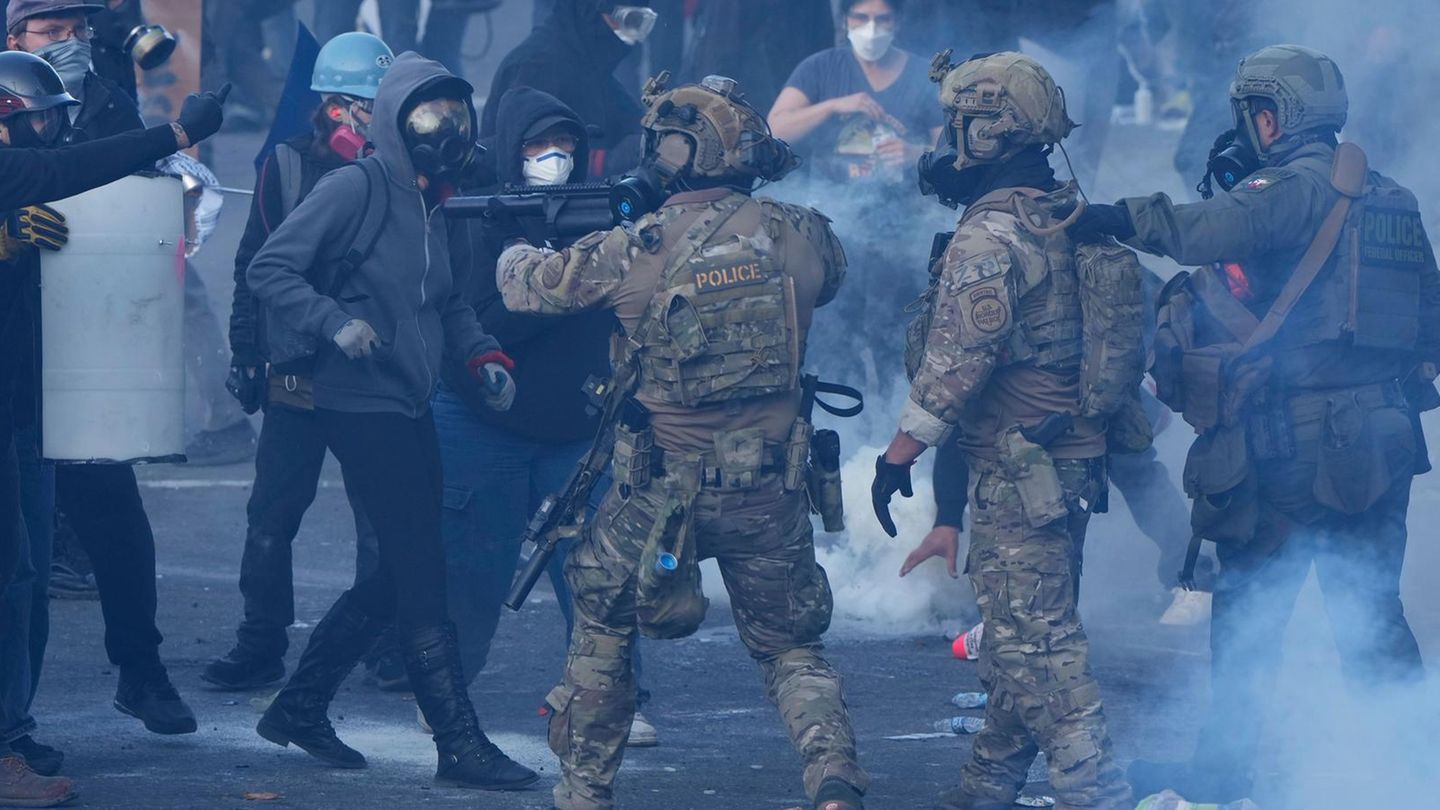Unanimity is necessary to start NATO accession discussions and each member country must also ratify the agreement at the parliamentary level, giving de facto veto power to each of its 30 current members.
A member of NATO since the early years of the organization (1952), Turkey can then theoretically block the entry of both Nordic countries.
After affirming on Tuesday that he will not “give in”, its president Recep Tayyip Erdogan on Wednesday he asked NATO members to “listen” to his “concerns”.
Meeting in Brussels on Wednesday morning for the official handover of the Swedish and Finnish candidatures, the ambassadors of the alliance countries failed to reach an agreement on the immediate launch of accession discussions, due to opposition from Turkey.
Many issues have pitted Turkey and the West against each other in recent years, and Ankara has not always won, analysts say.
With Sweden in their sights, Turkish critics focus on the attitude of both countries on the issue of Kurdish groups. Mainly about the Kurdistan Workers’ Party (PKK), and also Kurdish armed movements in Syria fought by Turkey.
Described as a “terrorist organization” by Turkey, the PKK is also considered so by the United States and the European Union, Sweden and Finland included.
But Sweden’s anti-terrorism laws are not as extensive as in Turkey, stresses Paul Levin, director of the Institute for Turkish Studies at Stockholm University.
“For example, it is not forbidden to be a member or to wave a flag of a terrorist organization,” he stresses, which makes it possible to organize frequent pro-PKK demonstrations in the streets of Stockholm.
Turkey criticizes both countries for rejecting its requests for the extradition of members of “terrorist organizations”.
Turkish annoyance with the PKK has expanded in recent years to Swedish signs of support for armed Kurdish groups in Syria, such as the anti-Islamic State militia of the People’s Protection Units (YPG).
With other European countries, Sweden and Finland both banned arms exports to Turkey. in October 2019, in retaliation for a Turkish offensive in northern Syria.
Turkey, which reproaches Stockholm for promoting these measures, does not want countries that exercised “sanctions” against the country to enter NATO, according to Erdogan.
In addition to settling disputes with Sweden over the Kurds, Turkish President Erdogan can obtain concessions on US weapons, try to improve domestic popularity and even send a favorable signal to Russia, with which he has complex relations, according to the analysts.
“Erdogan is a leader accustomed to compromises in his country’s relations with the West, and I think he is trying to make a big deal out of it, not just trying to force Sweden to change over the PKK,” says Soner Cagaptay, director of Turkey research at the Washington Institute.
The issue of US warplane exports to Turkey is regularly cited as a clue to a solution.
Turkey’s purchase of Russian S-400 surface-to-air missiles in 2019 led to it being excluded from the US F-35 program.
An unblocking in this sense is unlikely, but negotiations have been held in recent weeks on an agreement to export and modernize a previous generation aircraft, the F-16.
The US Congress must authorize the transaction, and the deal could be seen as blackmail by Turkey, which lawmakers would not like, according to analysts.
Source: Ambito
David William is a talented author who has made a name for himself in the world of writing. He is a professional author who writes on a wide range of topics, from general interest to opinion news. David is currently working as a writer at 24 hours worlds where he brings his unique perspective and in-depth research to his articles, making them both informative and engaging.




